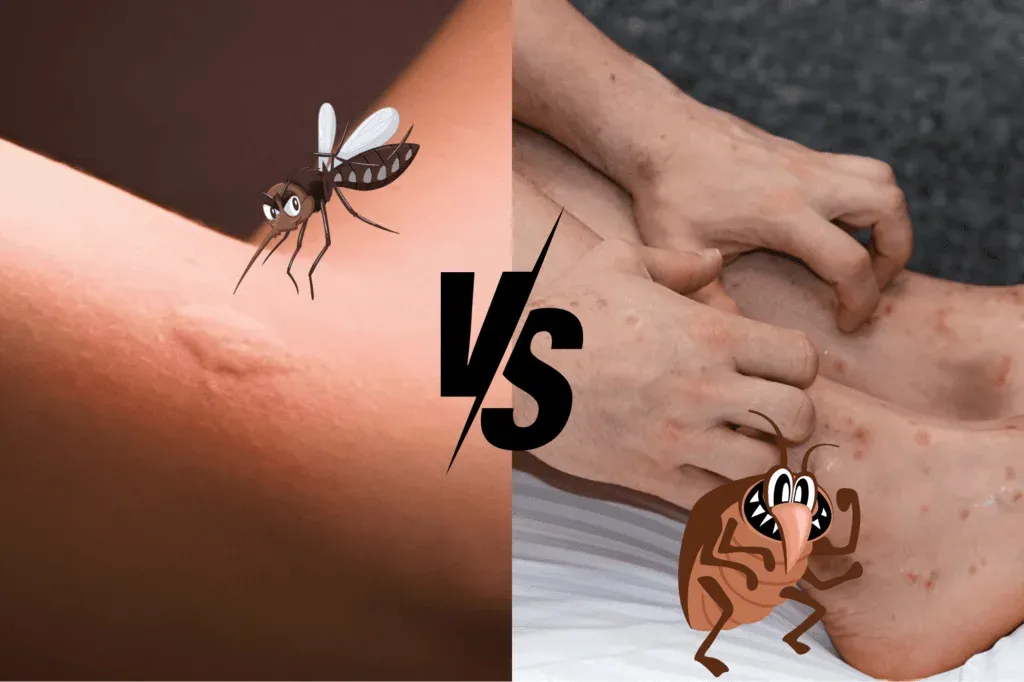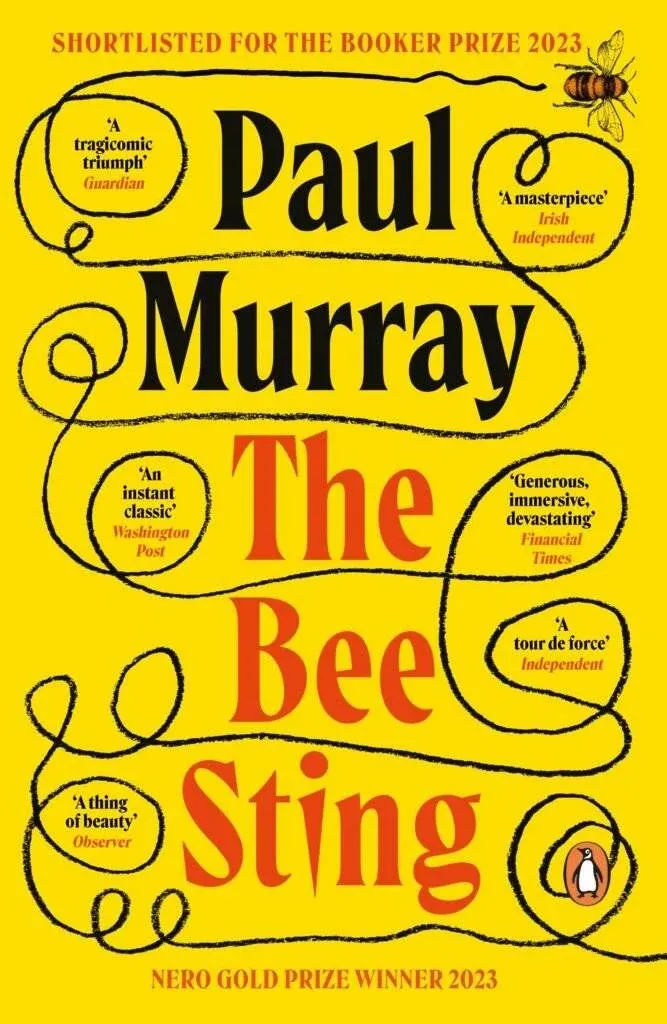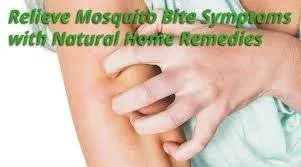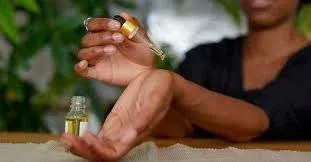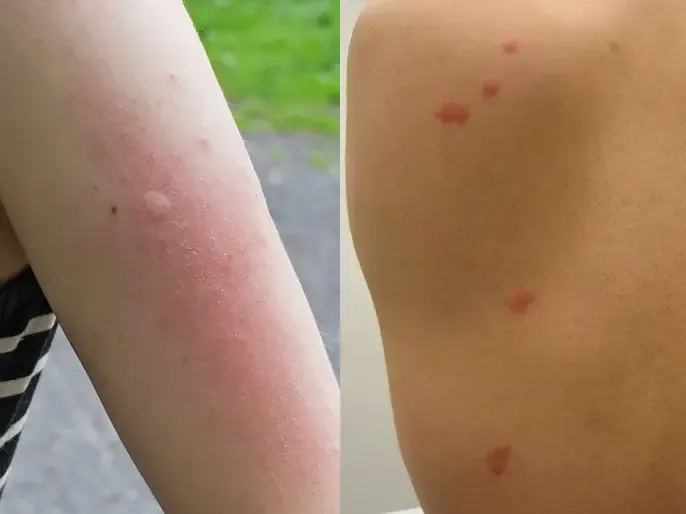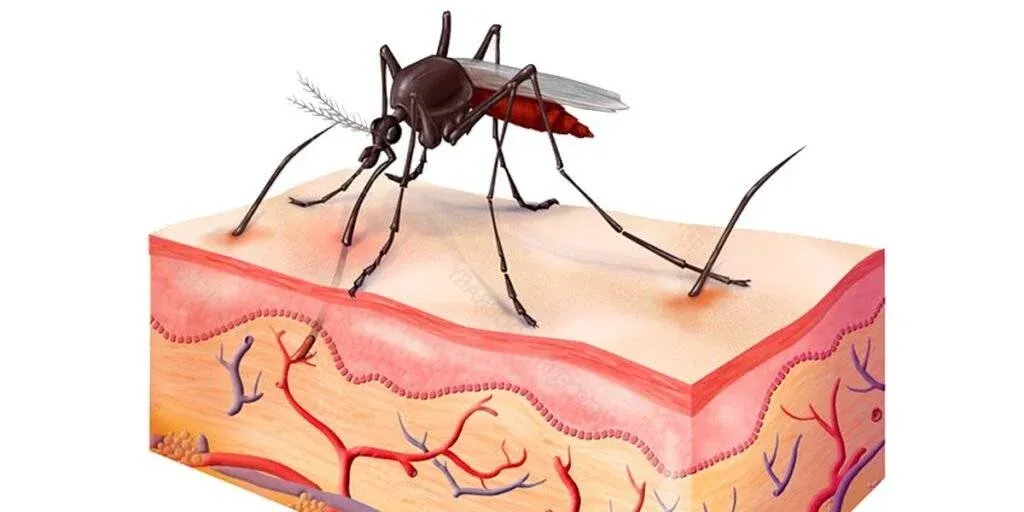Mosquito bites are almost unavoidable during warm months. For most toddlers, these bites are nothing more than a minor irritation that causes itching and redness. However, sometimes the reaction can be more intense leading parents to wonder: mosquito bites on toddlers when to worry?
In this article, we’ll explore what normal reactions look like, what symptoms to watch for, how to treat mosquito bites safely, and when it’s time to call a doctor.
Why Mosquito Bites Affect Toddlers More
Toddlers have thinner, more sensitive skin than adults, which makes them more prone to swelling and redness after a mosquito bite. Their immune systems are still developing, so their reactions tend to be stronger and last longer.
Additionally, toddlers don’t always understand that scratching makes things worse. That’s why knowing about mosquito bites on toddlers when to worry can help you act quickly and confidently.
What a Normal Mosquito Bite Looks Like
Before panicking, it’s helpful to know what’s normal. Typical mosquito bites appear as:
Small, round, raised bumps
Mild redness around the bite area
Itching that lasts a few days
In most cases, the discomfort fades within 3–5 days with basic home care. These reactions are part of the body’s normal response to mosquito saliva and aren’t usually a cause for concern.
When to Worry About Mosquito Bites on Toddlers
While most bites heal without issue, certain symptoms signal that your toddler’s skin is reacting more severely than expected. Here’s a closer look at mosquito bites on toddlers when to worry:
1. Excessive Swelling or Redness
If the area around the bite becomes very swollen, hot, or red, it could indicate a more serious allergic reaction or infection. When the swelling spreads beyond the bite area (for example, from ankle to knee), it’s best to contact your pediatrician.
2. Blister Formation or Pus
Sometimes, intense scratching or allergic responses can cause blisters or pus-filled bumps. These may signal a skin infection, especially if your toddler has been scratching often. Proper wound care and medical ointments might be needed to prevent complications.
3. Fever or Fatigue
A mild fever after mosquito bites isn’t common. If your toddler develops a high fever, appears unusually tired, or becomes irritable, it could point to a more serious reaction or, in rare cases, a mosquito-borne illness. Always get medical advice if fever develops within 24–48 hours of a bite.
4. Signs of Allergic Reaction (Skeeter Syndrome)
Some toddlers experience an exaggerated local reaction known as Skeeter Syndrome. Symptoms include:
Very large, swollen welts
Severe itching or pain
Redness that spreads quickly
Warmth at the bite site
These reactions can last several days and may require medical treatment with antihistamines or mild steroids. Understanding this helps parents identify mosquito bites on toddlers when to worry versus when it’s a normal immune response.
5. Breathing Difficulty or Facial Swelling
Though extremely rare, mosquito bites can trigger severe allergic reactions in sensitive children. If your toddler shows signs such as:
Swelling around eyes, lips, or face
Trouble breathing
Dizziness or vomiting
Seek emergency medical care immediately. These are signs of a serious allergic reaction that requires urgent treatment.
Safe Treatments for Mosquito Bites on Toddlers
If your toddler’s mosquito bites are causing discomfort, several safe home remedies can help reduce itching and swelling.
1. Cold Compress
Apply a clean, cool compress for 5–10 minutes to reduce inflammation and numb the itch. Repeat several times a day.
2. Aloe Vera Gel
Aloe vera’s soothing and healing properties make it perfect for toddler skin. Apply a thin layer of pure aloe gel to the affected area twice daily.
It’s a gentle and effective remedy often recommended in mosquito bites on toddlers when to worry situations where skin irritation is visible.
3. Baking Soda Paste
Mix one teaspoon of baking soda with a few drops of water to form a paste. Apply gently to the bite and rinse after 10 minutes. This neutralizes skin acidity and calms irritation.
4. Coconut Oil
Coconut oil helps moisturize the skin, reduce redness, and prevent infections caused by scratching. Use virgin coconut oil and reapply as needed throughout the day.
5. Oatmeal Bath
If your toddler has multiple bites, an oatmeal bath can bring relief. Add finely ground oatmeal to warm bath water and let your child soak for 10–15 minutes. It’s soothing, natural, and safe.
How to Prevent Mosquito Bites in Toddlers
The best way to manage mosquito bites on toddlers when to worry is to prevent them in the first place. Here are a few preventive measures:
Dress smartly: Use light-colored, long-sleeved clothing.
Use baby safe repellents: Choose natural repellents with lemon eucalyptus or citronella. Avoid DEET-based products for young toddlers.
Avoid mosquito heavy times: Mosquitoes are most active at dawn and dusk.
Install window screens: Keep doors and windows protected with fine mesh.
Use mosquito nets: Cover your toddler’s crib or stroller with a mosquito net when outdoors.
Preventive steps help reduce both mild and severe reactions, keeping your child comfortable and safe.
When to See a Doctor
If you’re unsure about mosquito bites on toddlers when to worry, it’s always better to err on the side of caution. Call your pediatrician if:
The swelling increases or turns painful
The bite oozes pus or develops a crust
Your toddler has a persistent fever
There’s swelling around the eyes or joints
You suspect an allergic reaction
Early treatment prevents infections and ensures your toddler recovers quickly.
Tips to Help Toddlers Avoid Scratching
Toddlers naturally want to scratch itchy spots, but this can worsen swelling or cause infection. Try these simple tips:
Keep their nails trimmed short.
Distract them with toys or storytime.
Apply soft bandages over large bites.
Use cotton clothing to avoid friction.
Helping your toddler resist scratching is a big part of effective mosquito bites on toddlers when to worry management.
Final Thoughts
Mosquito bites are part of growing up, but knowing what’s normal and when to worry makes all the difference. Most bites heal quickly with simple care, but signs like severe swelling, pus, or fever should never be ignored.
By combining prevention, gentle home care, and prompt medical attention when needed, you can keep your toddler comfortable and safe. Understanding mosquito bites on toddlers when to worry helps parents stay calm, confident, and ready to protect their little one from future bites.

